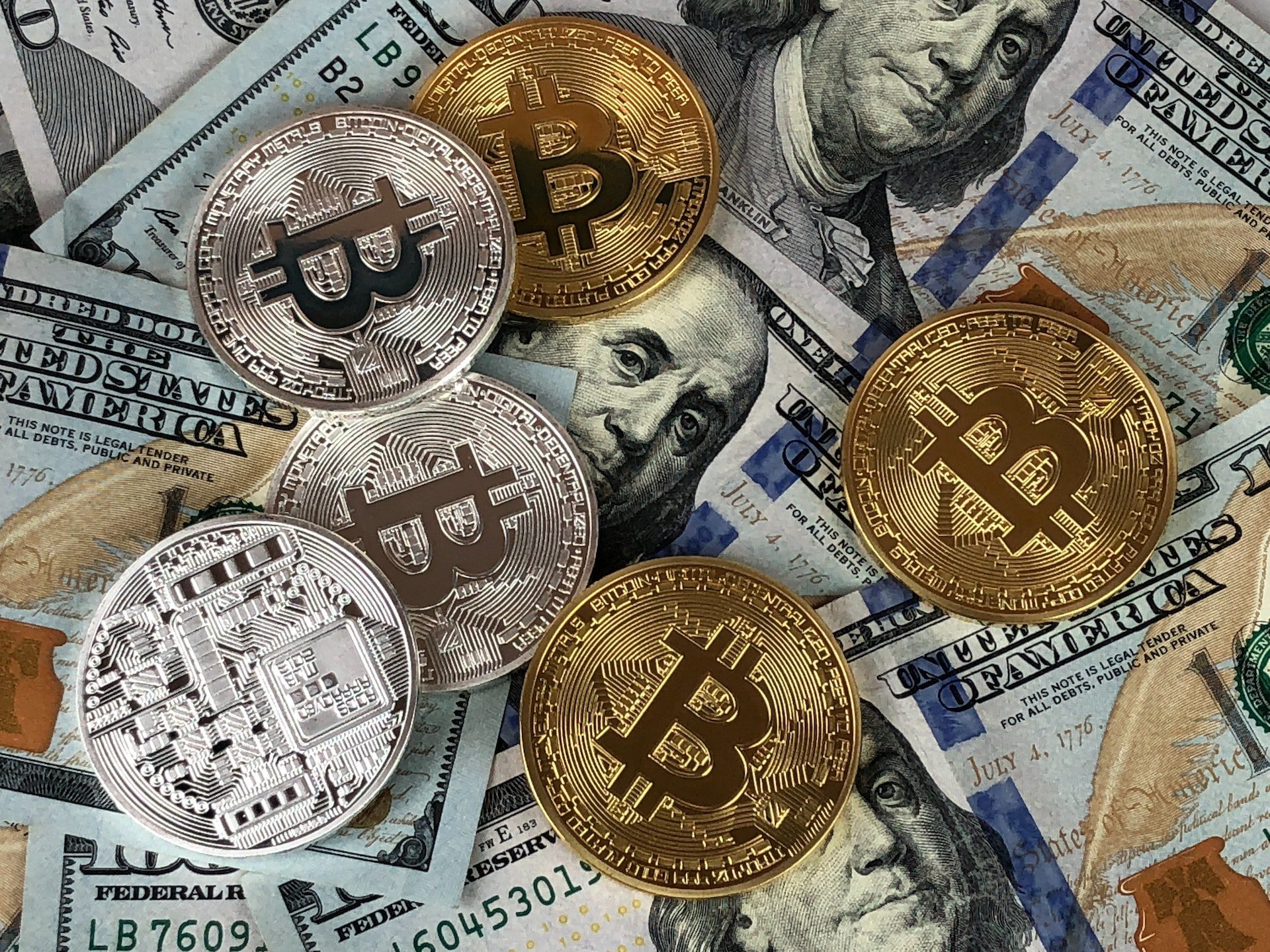Fintech is already changing the way we live, work, and save. This digital revolution is about to grow more, and it’s going to be disruptive. Fintech is changing not just finance but every other area of our lives as well. So if you want to stay ahead of the curve, you need to know what this new technology is all about.
What is Fintech?
Fintech is a technology that refers to the use of digital technologies and software to help people manage their finances. It can be used for a number of different purposes, including helping people save money, handle their credit card debt, and more.
Fintech is quickly changing the way we live, work and save. It’s making it easier for people to stay connected with their finances, and it’s also giving us new ways to save money on our own behalf. In particular, Fintech is shaking up the way we process payments and saving us billions of dollars each year.
How is Fintech Changing the Way We Live, Work and Save
One of the most important things Fintech is doing is changing how we process payments. Nowadays, a lot of businesses and individuals are using Fintech to reduce costs associated with paying bills online or by phone. This means that instead of spending time wiring money together from various banks or sending checks through the mail, people are now able to pay their bills easily and quickly through digital platforms like Apple Pay or Android Pay.
This change has big implications for the future of finance overall. Not only does it make life easier for consumers, but it also opens up new opportunities for businesses to save money on transactions and expenses- something that will likely have a significant impact on the economy as a whole.
The Benefits of Fintech
Fintech is changing the way we save and work. With technology at our fingertips, we’re able to save money and time more than ever before. Fintech is already affecting the economy in a big way.
Savings: Fintech has made it easier for us to save money. For example, through mobile apps and websites, we can easily access budget-friendly deals and plans from providers like banks and credit card companies. Additionally, online calculators or tools make it easy to see how much money you can save on a given trip by comparing prices across different destinations and activities.
Time-saving: Another big benefit of Fintech is that it makes it easier for us to cut down on time wasted on unnecessary tasks like paying for things we don’t need or wasting hours trying to find the right deal on a hotel room or flight ticket. For example, using an app like Uber or Airbnb can help you find a cheaper fare or stay in a better place without having to waste time looking for properties or airlines.
Efficiency: Finally, Fintech has helped us save significant amounts of time by giving us faster access to information and making it easier to find the best deals on goods and services. For example, through online reviews or social media platforms, we can quickly determine which merchants are offering good deals and which ones are being overpriced. By using these tools, we’re able to make informed buying decisions that could take a couple of hours to make within minutes!
Cryptocurrency and it’s impacting the Financial sector
Cryptocurrencies are digital or virtual tokens that use cryptography to control their creation, distribution, and use. Cryptocurrencies are unique because they are not owned by the government or an issuer – instead, they’re based on blockchain technology. This means that each cryptocurrency is secure and can’t be counterfeited.
Cryptocurrencies are changing the way we interact with the financial sector. They allow for instantaneous transactions and a tamper-proof system, which makes them ideal for digital payments. Bitcoin and other cryptocurrencies are also becoming more popular each day, making it easier and more cost-effective to get your money into the market.
Cryptocurrencies could have a significant impact on the financial sector if adopted widely. For one, cryptocurrencies could help reduce fraud and theft in the financial marketplace. Additionally, cryptocurrency platforms could provide more efficient and secure ways for investors to purchase and hold assets, which could lead to larger profits for those who manage these investments.
The future of Fintech and what can we anticipate
In particular, Fintech is responsible for transforming how we save money by encoding financial data into digital forms. This allows consumers and businesses to invest in each other’s success by collaborating more easily and sharing information more securely.
One of the most important things to consider when it comes to the future of Fintech is its potential impact on the economy. If it continues to grow at an organic rate, it could lead to significant improvements in both consumer experience and financial stability. Additionally, as more people become familiar with Fintech products and services, there will be more opportunities for companies to make money by growing their user base.
Author Bio:
Mohammad Yaseen, one of the pioneers in the Fintech industry. He has more than 15+ years of experience in Fintech and because of his astonishing work, his story & accomplishments have been featured in numerous international magazines. He is known for his extraordinary work on certifying point-of-sale devices with multiple card schemes (VISA/Mastercard/JCB/UPI/AMEX).































